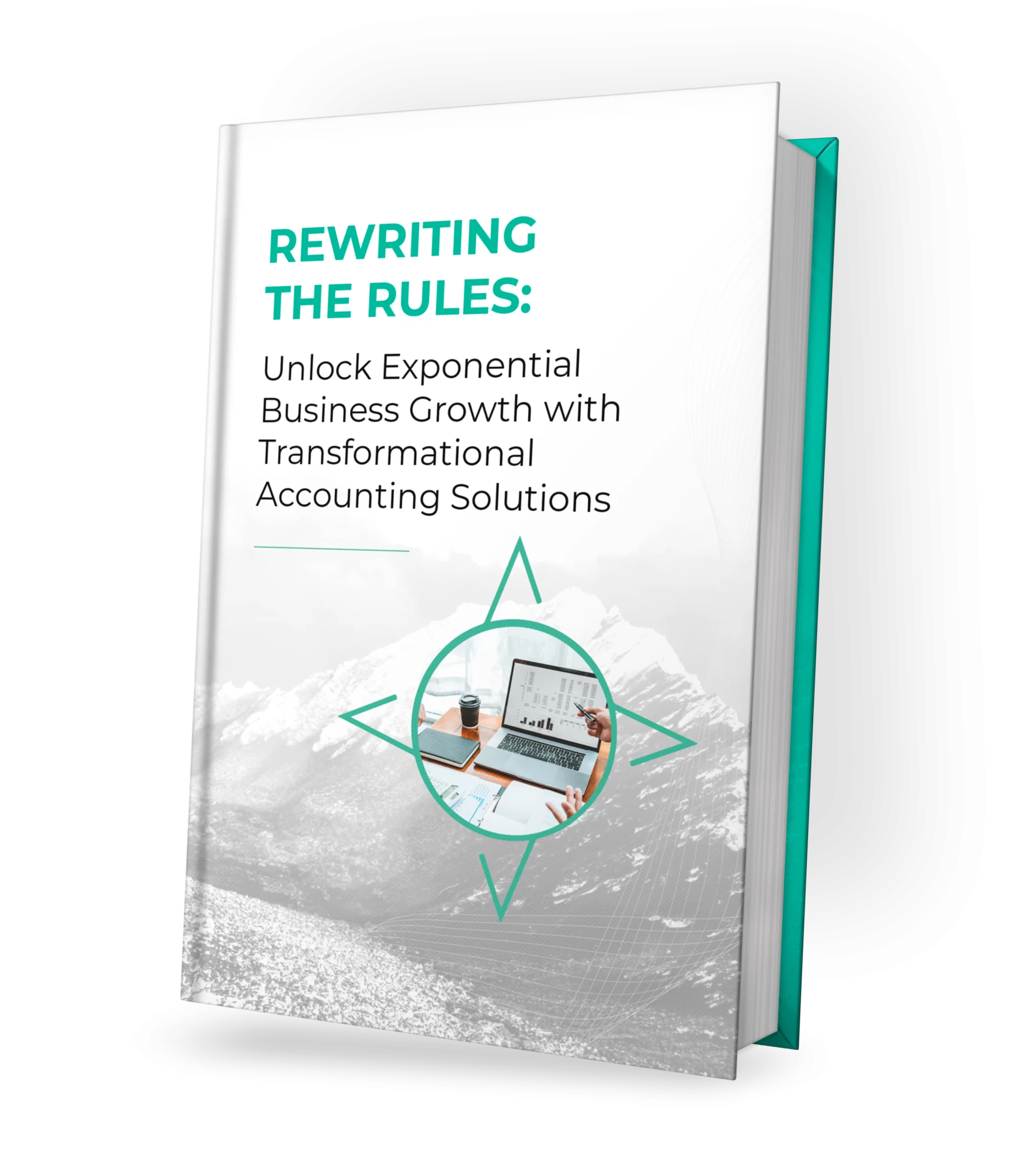Gaining real estate professional status or REPS is a powerful tax tool for high income investors. It can help significantly bring down your tax exposure. If you are able to qualify as a real estate professional, you may be able to reduce your taxable income by writing off significant passive losses including depreciation from real estate activities. The bottom line: You can bring down your tax bill from 35 percent to 15 percent or even lower. Interested? Read on.
What exactly is Real Estate Professional Status?
Real estate professional status or the acronym REPS is a designation given to anyone that qualifies to claim that they work on real estate and related work most of the time. The law includes special benefits to encourage certain activities and this is one of them. You can claim REPS if your primary job is in real estate.
What are the benefits of getting REPS?
Real estate professional status enables you to convert otherwise passive losses to deductible ordinary losses. If you invest in rental real estate, real estate professional status can help you lower your tax liability significantly.
Who is a real estate professional?
According to the IRS, to qualify as a real estate professional you must fulfill three conditions:
- Over half of the personal services you perform during the tax year were in your real estate business.
- You worked more than the minimum threshold of 750 hours during the tax year in real property trades or businesses.
- Material participation in these real estate activities
As you can see, the whole idea of the above conditions is to ensure only those who spend most of their time are likely to gain REPS.
To qualify for REPS, you need to pass three tests: The over 50% of the time test, the 750 hours test and the material participation test.
These tests are applied annually. This means that you may qualify as a real estate professional in some years but not in other years. As a result, the same real estate activity may generate passive losses in some years and nonpassive losses in other years.
Let us explore these conditions closely.
What activities qualify for REPS?
The internal revenue code is broad in its definitions. According to Sec. 469(c)(7) of the IRS code, any one of the following activities would qualify:
- Property development and redevelopment
- Construction and reconstruction
- Acquisition and conversion of properties
- Property rentals and management
- Operations
- Leasing or brokerage trade or business
It will be difficult to qualify for real estate professional status if you spend more than half of your time on another job. And you need to work the minimum of 750 hours in your real estate work, with a substantial part of it on day-to-day real estate management work.
What is material participation?
Material participation simply means that you are actively involved in managing real estate investments. You may qualify if you are buying and renting out commercial buildings or apartments and are involved in the day-to-day management of these properties.
How can I prove these?
Basically 750 hours turns out to just over 2 hours a day if you engage in any of these activities all year round.
The best way to prove all of these is to keep track of the time you spend on real estate management and relevant work. You may want to keep a time sheet, with dates, times and the activities you engaged in relating to real estate.
Consider using your Google Calendar or other means of tracking the time you spend on real estate activities. Make sure that you have a separate email for your real estate related activities and correspondence. All of these will help you provide proof that you qualify to REPS.
Aggregating all real estate properties
Unless you treat all of your real estate properties as a single activity, crossing the 50 percent and 750-hour thresholds is likely to be difficult. The solution is to elect to treat your various rentals and other properties as a single activity. Then it becomes far easier to prove that you have met the 750-hour minimum requirement.
If you do not, you will have to show that you worked 750 hours each, every year, for each property if you want REPS for every property. And that is not going to be practical for anyone.
Once you elect to combine all the properties you own and manage, then you only need to show material participation, satisfy the 750-hour test and the over 50 percent test for your combined properties.
Aggregation also has its downsides. If a property generates net income, then the income will also be deemed nonpassive – a less than desirable position. It may also limit your passive losses in a certain property when you sell. This is why you need to seek professional advice before making this election.
How do I make the aggregation election and qualify for REPS?
If you qualify according to the above criteria, you or your accountant should include the following election when filing your tax returns. Be thoughtful with this the election is binding for the tax year in which made and all future years.
Election to Aggregate All Rental Real Estate Interests
Name
Address
City, State ZIP
SSN XXX-XX-XXXXForm Sch E, Tax Year Ending December 31, 2020
Taxpayer hereby elects pursuant to IRC § 469(c)(7)(A) to treat all of his interests in rental real estate as one activity. Taxpayer is eligible to make the election since he meets the requirement of IRC § 469(c)(7)(B) and thus is a qualifying taxpayer for the tax year.
List each property
Property 1
Property 2
Property 3
Do I need a special license or degree?
You do not need any specific qualification of license to qualify for REPS. If you qualify on the criteria listed above, you are eligible to claim REPS.
Does REPS only matter if I have real estate related losses?
Yes. The only benefit from getting real estate professional status is if you have real estate related losses. In order to make use of the REPS tax benefit, you need to show losses on your real estate activities.
Are landlords considered real estate professionals?
Not unless they can meet the requirements set out above. Let us explain.
IRS puts real estate investors into three categories for tax purposes.
- Passive Investor. This is the default. A passive real estate investor can only deduct passive losses against your passive income.
- Active Investor. This category allows you to deduct an additional $25,000 of your real estate losses against your ordinary income. But this deduction phases out when your Adjusted Gross Income (AGI) moves past $100,000 as a single individual or at $150,000 for a married couple filing jointly. Getting active investor status is easy. You just need to be involved in making decision about your real estate investment. You are not required to make a special election on your tax return.
- The Real Estate Professional status is the third category. There are many people who hold a number of rental properties and benefit from making this special election on their tax return. As a result of the REPS, they are able to claim thousands of dollars in tax deductions at the end of each tax year.
To summarize, all landlords are not real estate professionals. Some landlords can qualify for real estate professional status. But you have to jump a few hoops to get there.
Want to know more about Real Estate Professional Status?
At Proseer we guide individuals and businesses on how best they can optimize their tax position. If you have questions about getting Real Estate Professional status (REPS) or want to discuss the benefits and nuances that apply to your situation contact the experts at Proseer.
To learn more about how real estate professional work with our tax team click here.

